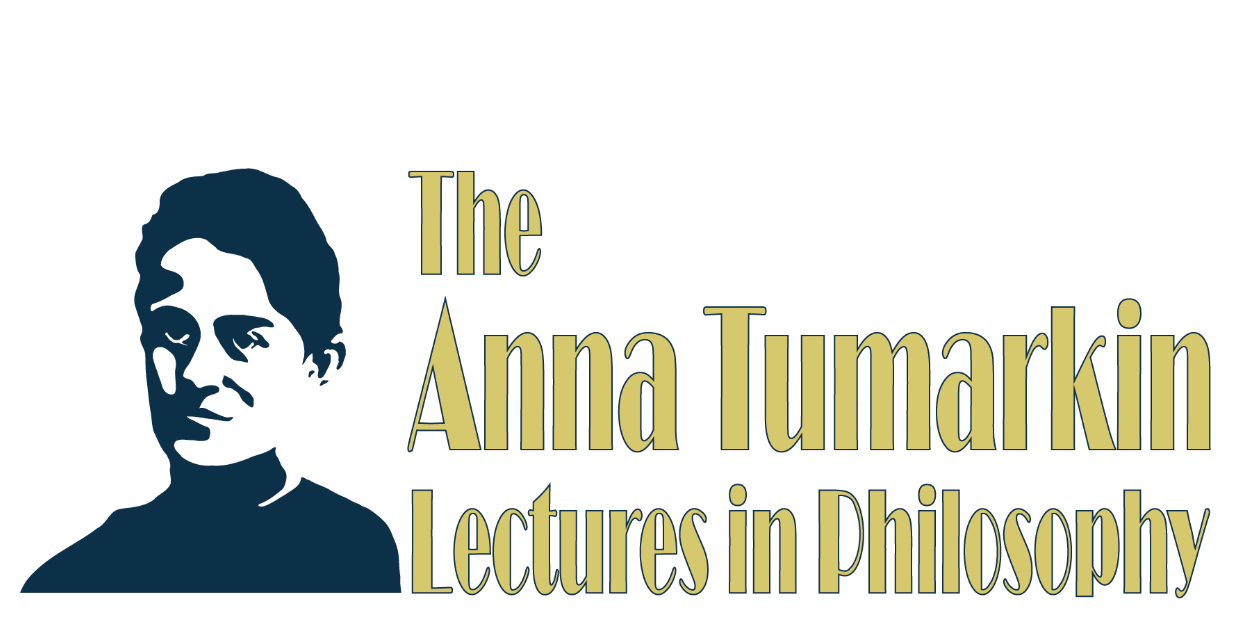In Zusammenarbeit mit der Philosophischen Gesellschaft Bern und SW*IP und der Unterstützung der SAGW organisiert das philosophische Institut der Universität Bern alle zwei Jahre eine Vortragsreihe im Rahmen der "Anna Tumarkin Lectures in Philosophy".
Anna Tumarkin Lectures 27. - 29. Mai 2024
Normative Powers by Laura Valentini
27. May 2024, Lecture 1:
Solving the mystery of normative powers
28. May 2024, Lecture 2:
Normative powers and conventional norms
29. May 2024, Lecture 3:
Personal sovereignty, conventional norms, and social critique
Abstract
If you ask me to borrow my laptop and I answer in the affirmative, I turn what would have been theft into a
loan. By promising to meet you for lunch, I acquire an obligation, correlative to your right, to do so. If we
commit to each other as romantic partners, we acquire a distinctive set of rights and obligations vis-à-vis
one another. And so on. These familiar statements suggest that human beings possess special kinds of
powers, namely powers to change normative facts or “normative powers.” A gesture or a word on their part
can create new rights, permissions, and prohibitions. The aim of these lectures is to investigate the nature
and significance of these powers. The first lecture will seek to dispel the mystery of normative powers,
explaining how it is possible for us to create new normative facts seemingly at will. The second lecture will
explore the existence conditions of normative powers, and argue that such powers cannot exist—i.e., we
cannot possess them—in the absence of conventional norms conferring them upon us. In other words,
normative powers are not part of “natural morality.” Finally, the third lecture will illustrate how treating
normative powers as convention-dependent—as opposed to “natural”—surprisingly enables us to offer
even deeper critiques of morally problematic social practices.
Vom 2. bis zum 4. Mai 2022 fanden diese erstmals statt, mit der amerikanischen Philosophen Amie Thomasson.
2. Mai 2022, Lecture 1: Misdirections in Metaphysics 1: The Explanatory Conception of Metaphysics
Two approaches have dominated work in metaphysics since its post-positivist revival: an explanatory approach and a truthmaker approach. I will argue that both approaches rely on the unargued assumption that all discourse serves the same function. This assumption has taken metaphysics in misdirections, leading to pseudo-problems and epistemological mysteries
that have left metaphysics in a crisis. The ‘Explanatory’ conception of metaphysics, often traced to Quine, presents metaphysics as (part of) an explanatory enterprise, concerned with offering (part of) a best total explanatory theory. On this view, the work of metaphysics is likened to the work of natural science. In this lecture, I aim to diagnose where this approach has gone wrong: by relying on the assumption that all the noun terms we are concerned with in metaphysics serve an explanatory function.
3. Mai 2022, Lecture 2:
Misdirections in Metaphysics 2: The Truthmaker Conception of Metaphysics
A prominent alternative to the explanatory conception of metaphysics is the ‘Truthmaker’ approach, which sees metaphysics as a descriptive enterprise, aiming to say what (really) exists, or what is fundamental, by determining what features of the world make our true claims true. But this approach, too, relies on a problematic functional monist assumption: that all indicatives aim to describe or represent the world as being certain ways, and demand relevant worldly features to make them true. This assumption leads us into a range of troubles for the truthmaker approach. A better understanding of linguistic functions enables us to diagnose the problems behind the truthmaker conception of metaphysics and why they arose, and can point us in more fruitful directions.
4. Mai 2022, Lecture 3:
Redirecting Metaphysics
Rather than starting from a functional monist assumption, and engaging directly in metaphysical questions about the things referred to, I will argue, we should step back and first ask first why we have the relevant terms in our vocabulary, what functions they serve, and how they come to enter language. For understanding the diversity of linguistic functions, and the different ways in which terms can enter language, can lead us to reassess the legitimacy and relevance of the criteria and demands commonly imposed in metaphysics.
It can also lead us to a more transparent and useful approach to work in metaphysics. Rather than thinking of metaphysics as quasi-scientific explanatory work, or as deep world description, I will argue that we should reconceive it as capable of doing important descriptive and normative conceptual work: work in both a broad form of conceptual analysis and in conceptual engineering. Redirecting the work of metaphysics in this way requires an understanding of linguistic functions. So in closing I will suggest a new way to develop and make good on the idea that language has many functions, discussing how we may identify these diverse functions, and what difference doing so will make to our philosophical work.
